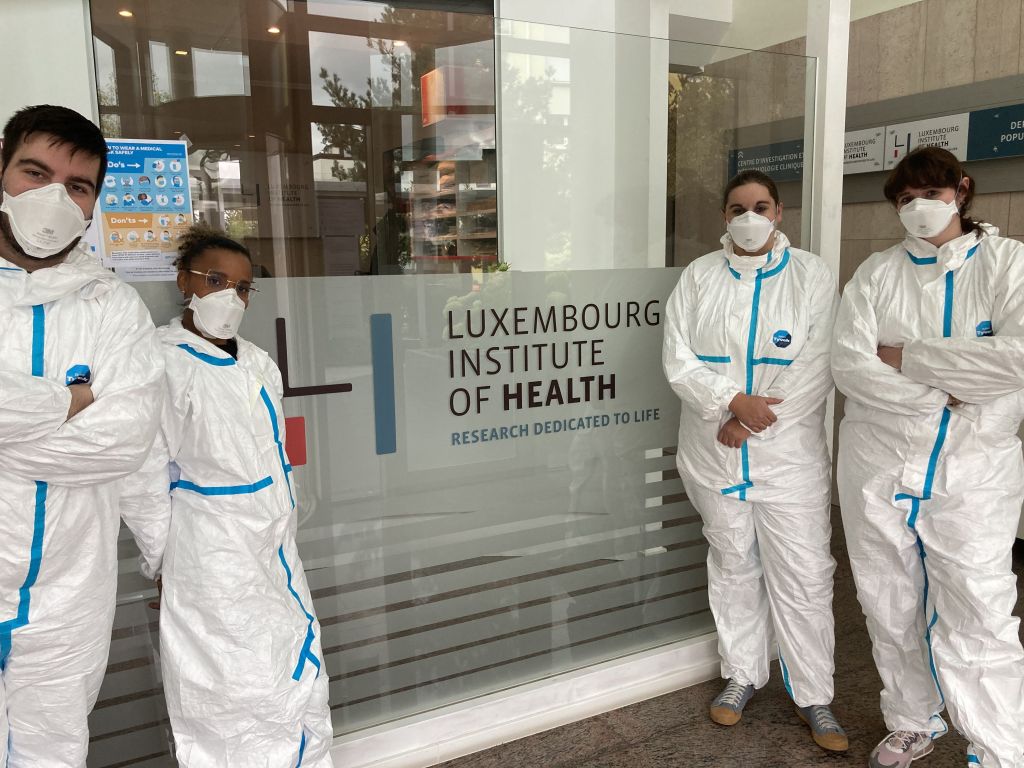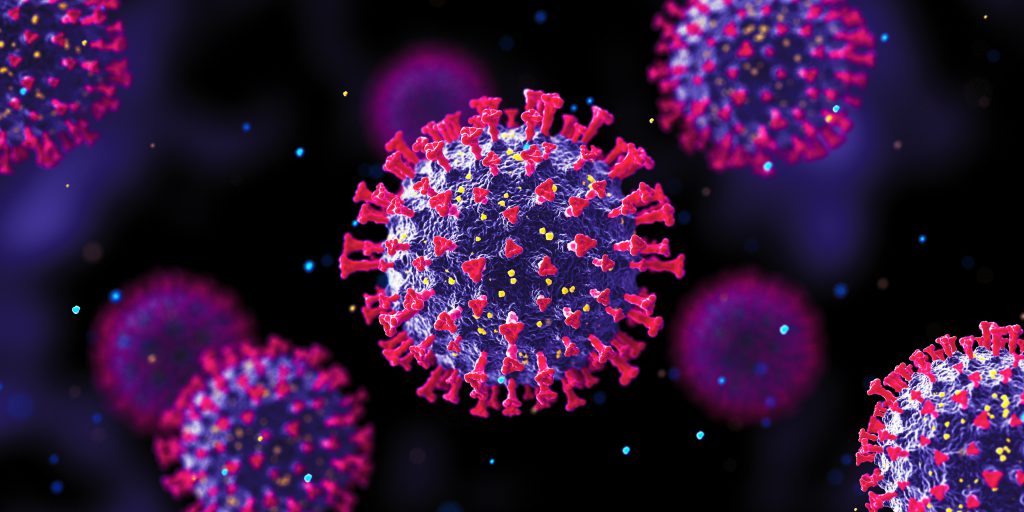Predi-COVID preliminary results
24 November 2020
The Luxembourgish cohort study shows encouraging participation rates and sees its protocol published in international peer-reviewed journal

Launched under the aegis of the Research Luxembourg COVID-19 Task Force on April 24th, “Predi-COVID” is a cohort study promoted by the Luxembourg Institute of Health that aims to identify the key risk factors and biomarkers associated with COVID-19 severity and comprehend the long-term health consequences of the disease. Predi-COVID will contribute to a better understanding of the heterogeneity observed in disease severity and prognosis, ultimately enabling the accurate evaluation of patients infected with SARS-CoV-2 and more personalised care recommendations. The protocol of the study was published on November 24th in the ‘British Medical Journal Open’, reinforcing the international visibility and success of this highly collaborative “Made in Luxembourg” project.
The study goals
Predi-COVID was launched with the goal of defining which patient profiles can be associated with a more severe prognosis. The study aims to identify the clinical, epidemiological and socio-demographic characteristics, as well as specific biomarkers from both the SARS CoV-2 virus and the patient, which can help predict the way the disease will evolve in a given individual, according notably to his immune profile.
Predi-COVID and Predi-COVID-H: patient recruitment and operational aspects
The research team has been establishing a cohort of people over the age of 18 positive for SARS CoV-2. All newly diagnosed individuals in Luxembourg can participate in Predi-COVID, upon agreeing to share their data for research purposes. In parallel to Predi-COVID, the ancillary study “Predi-COVID-H” was launched to include household members of COVID-19 positive participants to study the transmission of the virus in this high-risk population. The recruitment and data/sample collection phase started on May 5th and was initially planned to last until December 2020, although an extension period until late June 2021 is being requested.
The health evolution and symptoms of the enrolled patients are followed daily through different remote digital tools, depending on whether patients are at home or at the hospital, for 14 days from the time of confirmation of diagnosis. Short additional evaluations are also performed monthly for up to 12 months, to assess potential long-term consequences of COVID-19. Innovative digital data, specifically voice recordings, is also collected as part of the study. More detailed clinical and digital data and associated biological samples is gathered from a subset of at least 200 volunteers from the Predi-COVID cohort and from 100 Predi-COVID-H participants, in order to better characterise symptoms and clearly define the different outcomes. Upon inclusion in the study and after three weeks, several biological samples — including blood, nasal and oral swabs, saliva and stool — are collected from participants to identify human and viral predictive markers.
Preliminary results: participant recruitment, data collection, symptoms and vocal biomarkers
Since May 5th – the date of enrolment of the first participant – and as of November 10th, 1406 and 67 eligible subjects have been contacted by phone for inclusion in Predi-COVID and in Predi-COVID-H, respectively, 556 of which agreed to be included in the former and 48 in the latter. On average, participants are 39 years old. In terms of biological samples, the team has been establishing a unique biobank to study COVID-19, already boasting 627 specimens collected during the baseline and follow-up visits. This collection includes blood, sputum, swabs, stool and hair samples.
The preliminary findings also indicate that the majority of the enrolled population experienced few or mild symptoms. The most prevalent symptoms at admission included fever (26.2% of participants), cough (23.3%), runny nose (12.2%) and sore throat (10.8%), while the most common comorbidities and risk factors include smoking (18.1% of participants), asthma (5.4%), diabetes (4.7%), chronic heart disease (3.6%) and obesity (3.3%).
Furthermore, a total of 3,290 voice recordings has been made available by 245 participants using the CoLive LIH smartphone app, with multiple recordings per person to allow the study of the evolution of voice characteristics over time. These will enable the identification of “vocal biomarkers” of frequently observed symptoms in COVID-19 patients, such as respiratory syndromes, fatigue, anxiety or negative emotions related to COVID-19, which could subsequently be used for the easy remote monitoring of patients at home.
“We are delighted with the results obtained thus far. The greater the number of participants the more accurate the final results. Besides, we are now collaborating with the Centre Hospitalier de Luxembourg to envisage the inclusion of up to 100 COVID-19 positive children in Predi-COVID and up to 30 children from affected households in Predi-COVID-H”, states Prof Markus Ollert, Director of the LIH Department of Infection and Immunity and co-Principal Investigator of Predi-COVID.
“We are very grateful to the Health Inspection Department of the Ministry of Health for the unwavering support and excellent collaboration throughout, which are key to the success of the study. The protocol has recently been published in a renowned international journal and will serve as the core publication to cite for all future work based on Predi-COVID data. So far, nine ancillary projects funded by the Luxembourg National Research Fund or by the European Commission’s Horizon 2020 programme are already using Predi-COVID data”, concludes Dr Guy Fagherazzi of the LIH Department of Population Health, co-Principal Investigator of Predi-COVID and first author of the publication.
The full study protocol was published in the ‘British Medical Journal Open’ on November 24th. It is accessible here.








